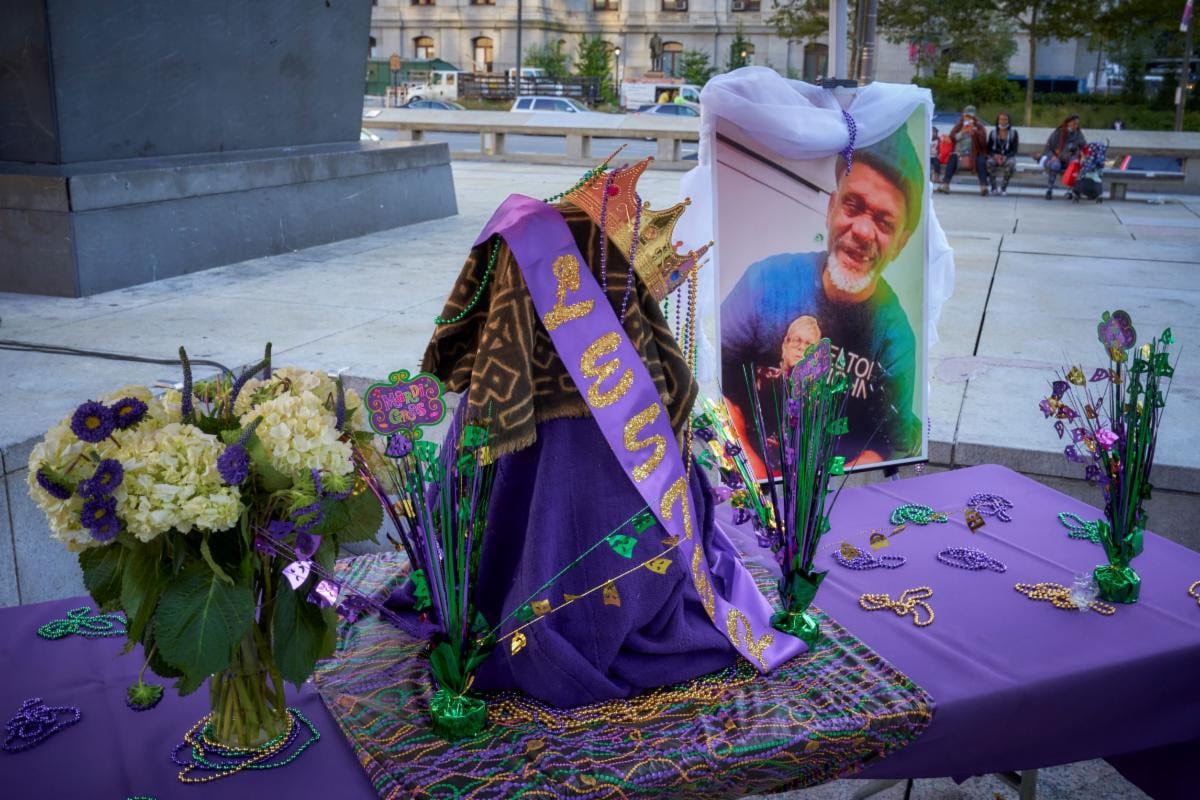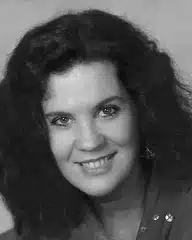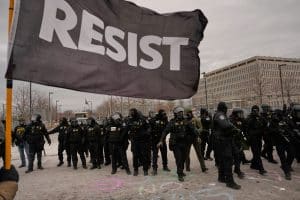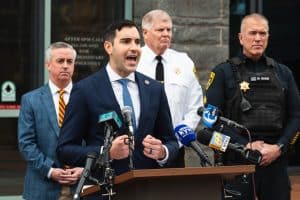A group of homeless advocates – in a ceremony Wednesday open and welcoming to the public – will bury 50 persons whose unclaimed remains spent the last year in storage at the Philadelphia Medical Examiner’s office.
This is the fifth year that people with prior homeless experience will be honored with a funeral and not buried en masse with hundreds of the city’s other unclaimed dead who eventually share a communal grave in Northwest Philly’s Laurel Hill Cemetery.
“The cremains of 50 unclaimed and formerly homeless individuals will receive a dignified burial through a community-led effort to ensure respectful final arrangements for all,” the City of Philadelphia announced this week.
Beginning at 10 a.m. on Nov. 19 at Mount Peace Cemetery at 3111 West Lehigh Avenue, they will hold a ceremony named in honor of Lester Ross, the first recipient of this dignified practice.
Quibila Divine, founder and CEO of The Educational Advocates Reaching Today’s Hardworking Students (The EARTHS), and Joyce Sacco, former director of housing at the Department of Behavioral Health and Intellectual Disability Services (DBHIDS), for Philadelphia were among the original organizers of the effort funded by donations from local nonprofits and community residents to provide burials for people who had experienced homelessness.
“Lester was a hoot. In Philly, a lot of people knew Lester. He had a community at SELF,” Sacco recalled. “I still miss him.”
For years, Lester lived in supportive housing at SELF Inc., an organization dedicated to Strengthening and Empowering Lives and Futures. Divine explained that once placed in housing on his own, Lester returned regularly. “I worked at SELF for about 5 years. He had gotten a home but would return back to SELF because of the community.”
Divine described the experiences at SELF that Lester had with his friends.
“He knew the case managers there, he knew that when he got there, people would make them take a shower, give them some clean clothes, give them something to eat,” she said. “And when you experience homelessness and you’re thrust into a situation where, okay, here, here’s your home. Go live there. It’s like, okay, now what? So, what he used to do was come back often and visit.”
Until he didn’t.
“During COVID, we realized that he was not coming around,” Divine said. “Our former president and CEO, Mike Hinson, who has since deceased, tried to track Lester down. He was calling people and searching all around and finally realized that Lester had passed away.”
Sacco remembers their search.
“They were trying to find him. He passed during COVID, when lots of times we called the medical examiner’s office. Do you have so-and-so?” said Lester, noting that when they called about Lester, the answer was yes. “Yeah, he’s here and we also have 40 other people who we can’t bury, who have not been claimed.”
And when people experiencing homelessness die – especially those who have interfaced with the alphabet soup of Philadelphia agencies dedicated to helping them – the advocates who got to know them feel a profound loss.
“So, finding Lester was the beginning of it. Because the medical examiner was a really great guy too, and was like, this doesn’t feel right,” added Sacco.
When Hinson realized that the medical examiner had Lester’s body, Sacco said he went into action. “Mike Hinson communicated with others who were in the homeless realm – serving homeless people or those experiencing homelessness. He wanted to do something for Lester, in order to honor him, in death as we did in life.”
That was in 2021.
What started as a funeral for one man who had won the hearts of service providers, turned into a mindfulness about others living in homelessness with no one to claim them.
Divine explained that Lester’s memorial was an inspiration to provide a dignified goodbye to others like him. “It was really, really nice. It was a great homegoing service and memorial for Lester. And after that, that’s when Mike told everybody, look, we’re going to start a memorial fund so that no other person who’s experiencing homelessness would be left unclaimed.”
By 2022, Hinson had an organization and a plan. “He worked with others and raised enough money. The first time we did it, we buried, I think it was 32 formally homeless individuals.”
Not long after Hinson and others organized the Lester Ross Memorial Fund, he too passed away. “Mike Hinson died in 2022. Yeah, so we’ve continued this as a legacy to Mike Hinson as well.”
According to the national non-profit Healthcare for the Homeless, “People experiencing homelessness are generally sicker than their housed counterparts and more prone to death.”
Chronic homelessness so negatively impacts individuals’ health, that living on the street takes more than three decades off their lives – resulting in a life expectancy of 48 years – versus the Center for Disease Control and Prevention’s overall U.S. life expectancy of 78.4 years.
While people experiencing homelessness are often seen as unworthy of assistance or care – with efforts made regularly by local, state and federal officials who support destroying camps and other makeshift dwellings – the people who work with the unhoused daily have a very different opinion.
Retired, but still involved, Sacco will be at Wednesday’s burial for the 50 unclaimed – but not forgotten individuals – who struggled with homelessness. “I’m volunteering for this effort because I care about it. And it just feels like the right thing to do.”
Summing up her commitment to folks experiencing homelessness, Sacco added, “Sometimes it’s simply about kindness. Even if people don’t look the way you think they’re supposed to look or if they do what you think they’re not supposed to do – they’re just people and we need to be a little kinder from the beginning to the end of people’s lives.”
What can ordinary people do?
“The world needs people to be involved – to make better solutions. Whether it’s homelessness or people not having enough food – get involved in something where someone has less than you,” said Sacco.
How Does Bucks County Handle the Remains of Unclaimed Individuals at the County Morgue?
Bucks County’s First Deputy Coroner, Kristina Johnson, has quite a reputation for trying to find family and friends of the hundreds of unclaimed individuals at the county morgue. At press time, Johnson told the Bucks County Beacon, “We currently have approximately 275 unclaimed decedents.”
What happens when they can’t find anyone?
Johnson makes every effort, but, “Since every case is unique, we do not adhere to a set amount of time before we move forward with cremation. For those with no known family, we typically spend a few months actively looking for family, however distant or estranged they may be, before making the decision to cremate.”
And if the deceased was homeless at the time of death? “That is a difficult thing to gauge and I can’t give you an exact number. We have certainly brought decendants in that were actively homeless.
“Sometimes when they are brought in from hospitals or nursing homes though, there’s not a clear picture of how they ended up there and if they came from a residence or elsewhere. We have contact with some of the homeless outreach programs in the county and they have been invaluable in helping us locate family.”
But often those family members are as unable to care for the person experiencing homelessness in death as they were in life. In those cases, the unclaimed individual remains in the permanent care of Bucks County.“Coroner Campi is actively working with the county to have a building constructed, or adopted, where the cremains could be stored, families could visit, and memorials could be held,” said Johnson.







